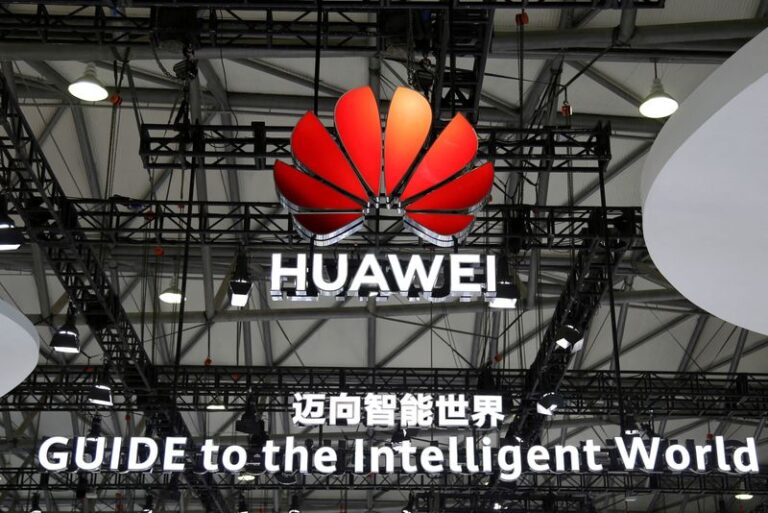A senior executive at Chinese technology giant Huawei on Thursday rejected the idea that a shortage of cutting-edge artificial intelligence chips would hinder China’s goal of becoming a leader in AI, but said innovation was needed to address the issue.
Huawei Cloud CEO Zhang Ping’an’s comments come as the United States tightens export controls on advanced AI chips to China, banning companies such as Nvidia from selling them in China.
“No one would deny that China’s computing power is limited. But we cannot rely solely on AI chips with advanced manufacturing process nodes as the ultimate foundation of AI infrastructure,” Zhang said at a forum at the World AI Congress, a three-day event that began in Shanghai on Thursday.
“If you think you can’t lead in AI without cutting-edge AI chips, you need to abandon this view,” Zhang said.
Huawei, which is on the US Entity List and banned from buying advanced chips from US companies, has developed its own AI chip products, called Ascend, which are now used by a number of companies in China to train their AI models.
However, the Ascend AI chip, like many others from the Chinese company, is considered to be significantly inferior in terms of computing power compared to Nvidia’s products.
Zhang called for an innovative approach with a greater focus on the cloud, saying the shortage of advanced AI chips can be made up for through innovation in computing architecture.
He also said that an integrated approach that combines cloud, edge, and network is needed to reduce energy consumption and improve overall efficiency, and Zhang praised Huawei Cloud as one of the leaders in providing such innovative solutions.
(Reporting by Casey Hall in Shanghai; additional reporting from our newsroom in Beijing; Editing by Susan Fenton)

